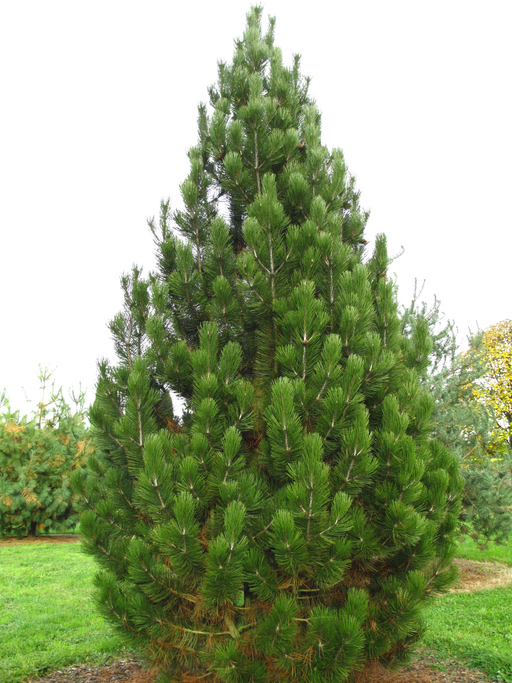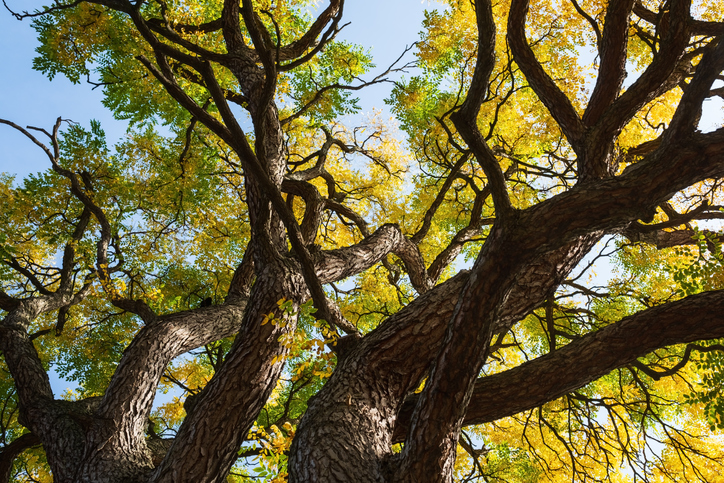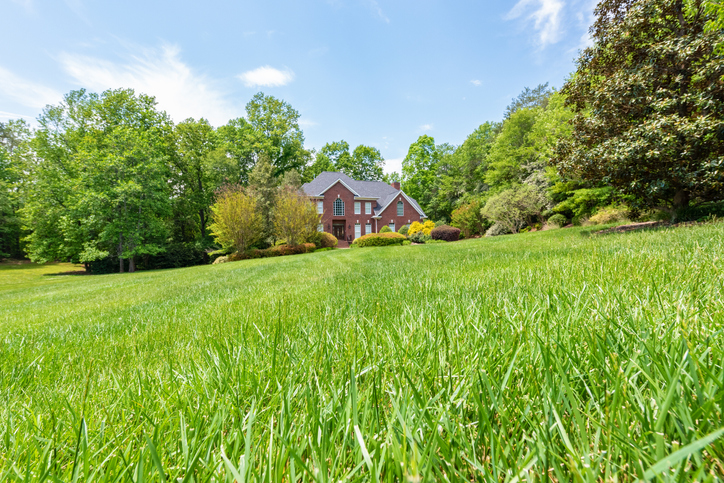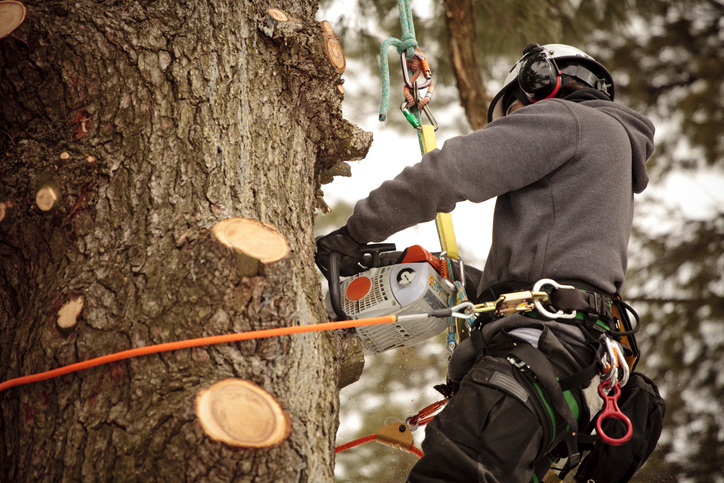What does a Bosnian pine tree look like?
The Bosnian pine is a slow-growing tree that reaches heights of 50 to 70 feet when it’s fully mature. The spread of its branches can span 10 to 15 feet in width, making the shape of a Bosnian pine tree tall and narrow. Their pine needles are dark green and grow to a medium length, and the bark is light grey. Bosnian pines also produce cones that are around three inches long. They tend to hold their needles much longer than many of our other pines planted for our area.
Although there are nearly 100 different types of pine trees in the northern hemisphere alone, the Bosnian pine sets itself apart by growing tall and narrow, and it’s branches aren’t as dense as other species, making it easier to see between them. This makes it a perfect tree for planting in your yard, since it doesn’t overpower other trees and plants.
What does it need?
Bosnian pine trees need lots of sun to grow. In fact, they prefer at least six hours of full sun exposure per day. Plant them on the south side of your home or other structures so they receive plenty of sunlight to grow healthy and strong. Besides careful pruning to shape them when they’re small, Bosnian pine trees don’t need a lot of TLC to thrive. Just plant them in a sunny spot and watch them grow — slowly, but surely.
These trees prefer soil that’s well-drained and sandy, but they can grow in soil that contains some clay, as long as it drains properly. When it comes to soil, Bosnian pine trees prefer acidic to slightly acidic soil with a pH of 4.5 to 6.5. Since Denver soil can be more alkaline, you may need to amend your soil ensure that you’ve got idea conditions for growth.
Where does it grow?
The Bosnian pine is is native to mountainous areas in eastern Europe that have dry limestone soils. They’re abundant in places like the Balkans, Italy and Greece. In its native habitat, the Bosnian pine tree can grow to heights of up to 90 feet tall, but in places like Denver, they typically max out at around 20-25 feet tall. These trees can grow in places with elevation levels up to 6,500 feet, and in zones three through eight. You’ll find Bosnian pines at the base of Colorado’s mountains and throughout Denver, since its elevation is just under 6,000 feet.
Why the Bosnian pine tree grows well in Denver
Bosnian pine trees don’t need a lot of care, and their growth pattern is slow and steady. This allows these trees to form a sturdy root structure so they can withstand harsh, windy winters. Since they’re so low-maintenance, these hardy trees can grow in a variety of conditions, as long as the climate isn’t too warm. Denver weather is mild and chilly, and the soil is typically sandy loam, with varying amounts of clay. This makes the perfect environment for Bosnian pines to thrive.
Homeowners choose to plant Bosnian pine trees in their yards, since they’re beautiful, slow-growing, and low-maintenance. A Bosnian pine tree is also smaller and its foliage is less dense than other types of pine trees, so it won’t overtake your yard as it grows.
If you’d like to learn more about Bosnian pine trees or other trees that grow best in Denver, contact us today. Our tree experts are happy to help you pick the best trees to plant in your yard.




